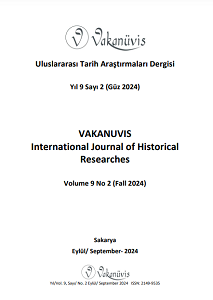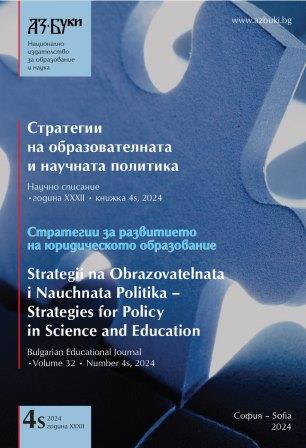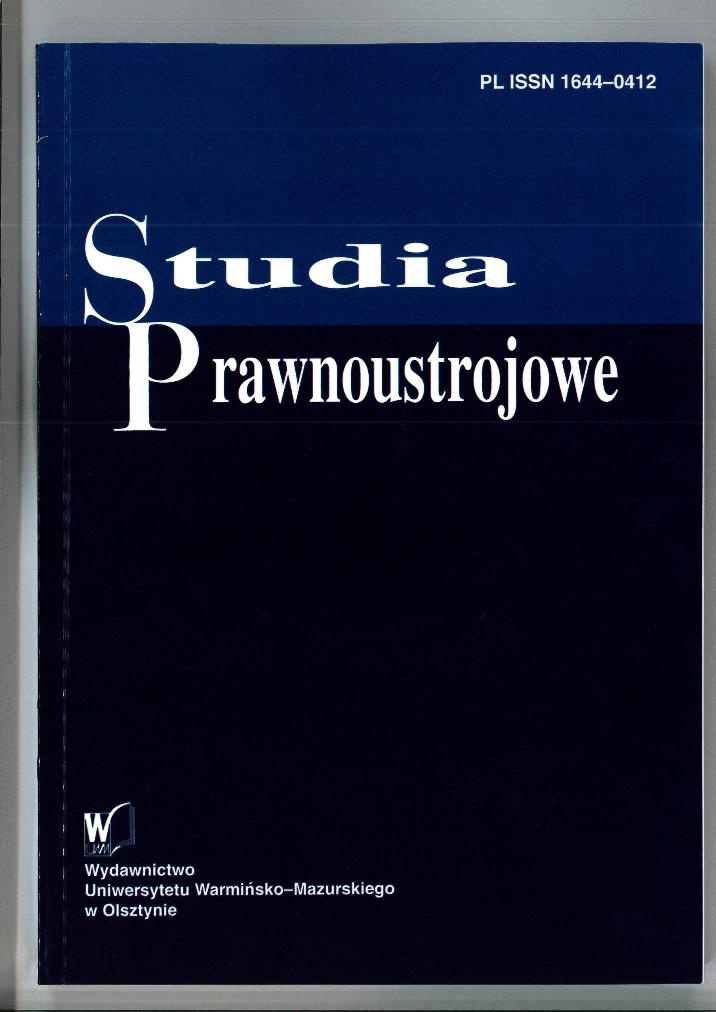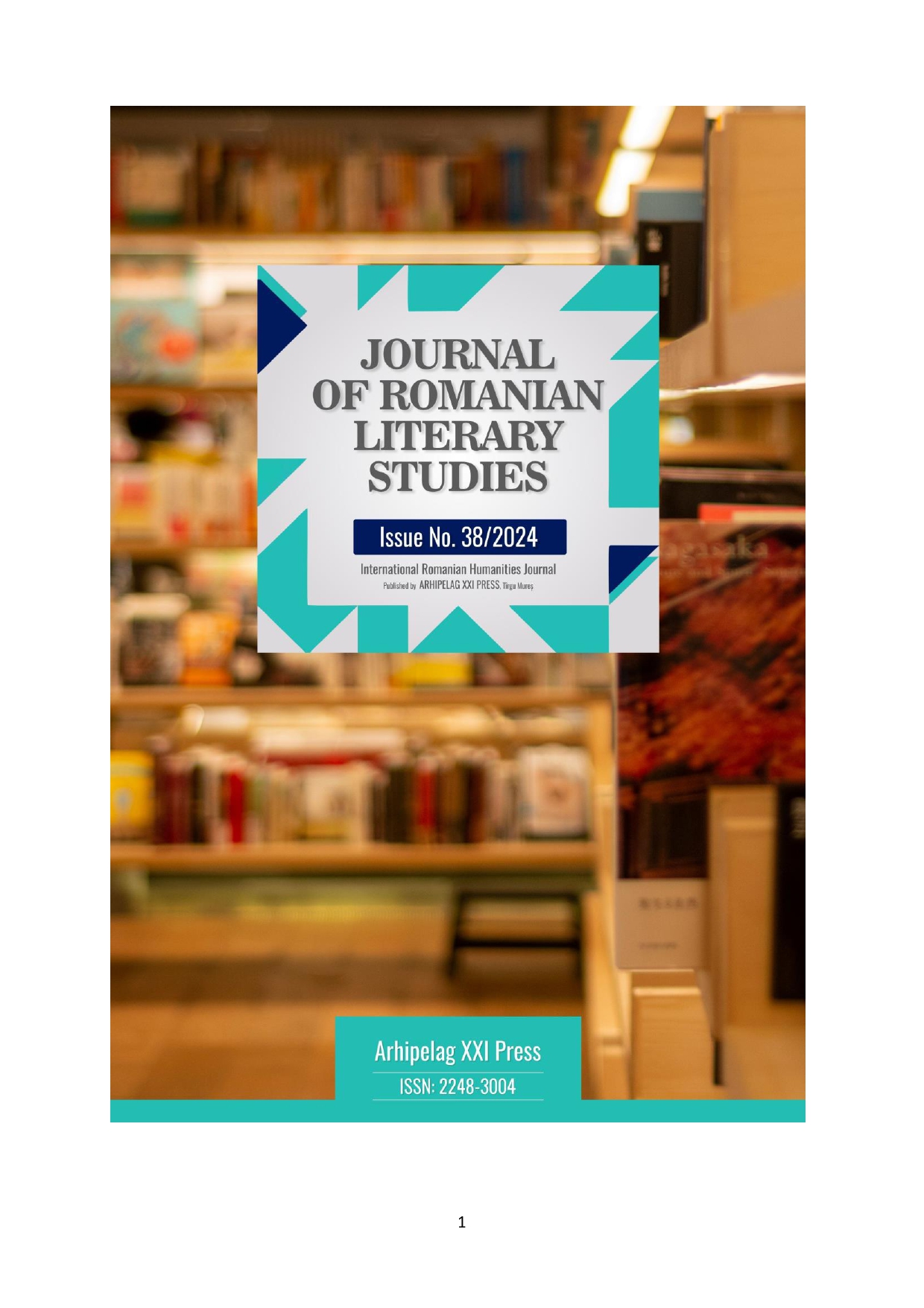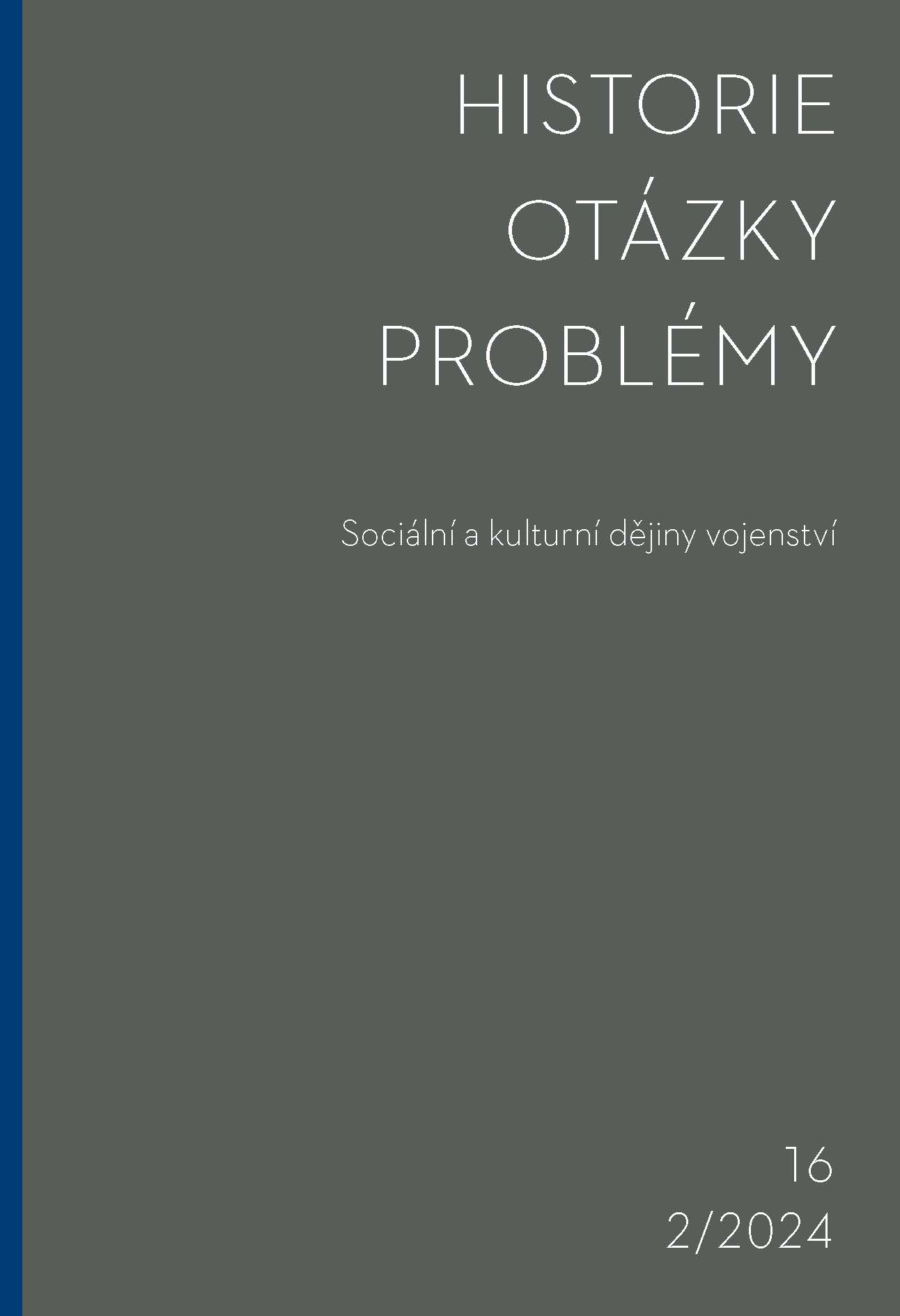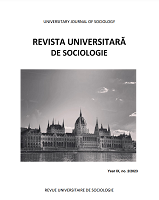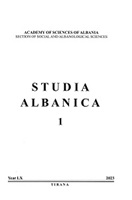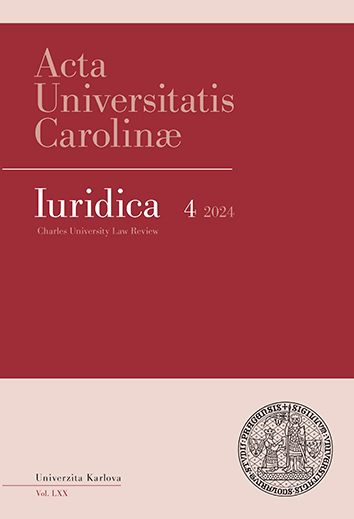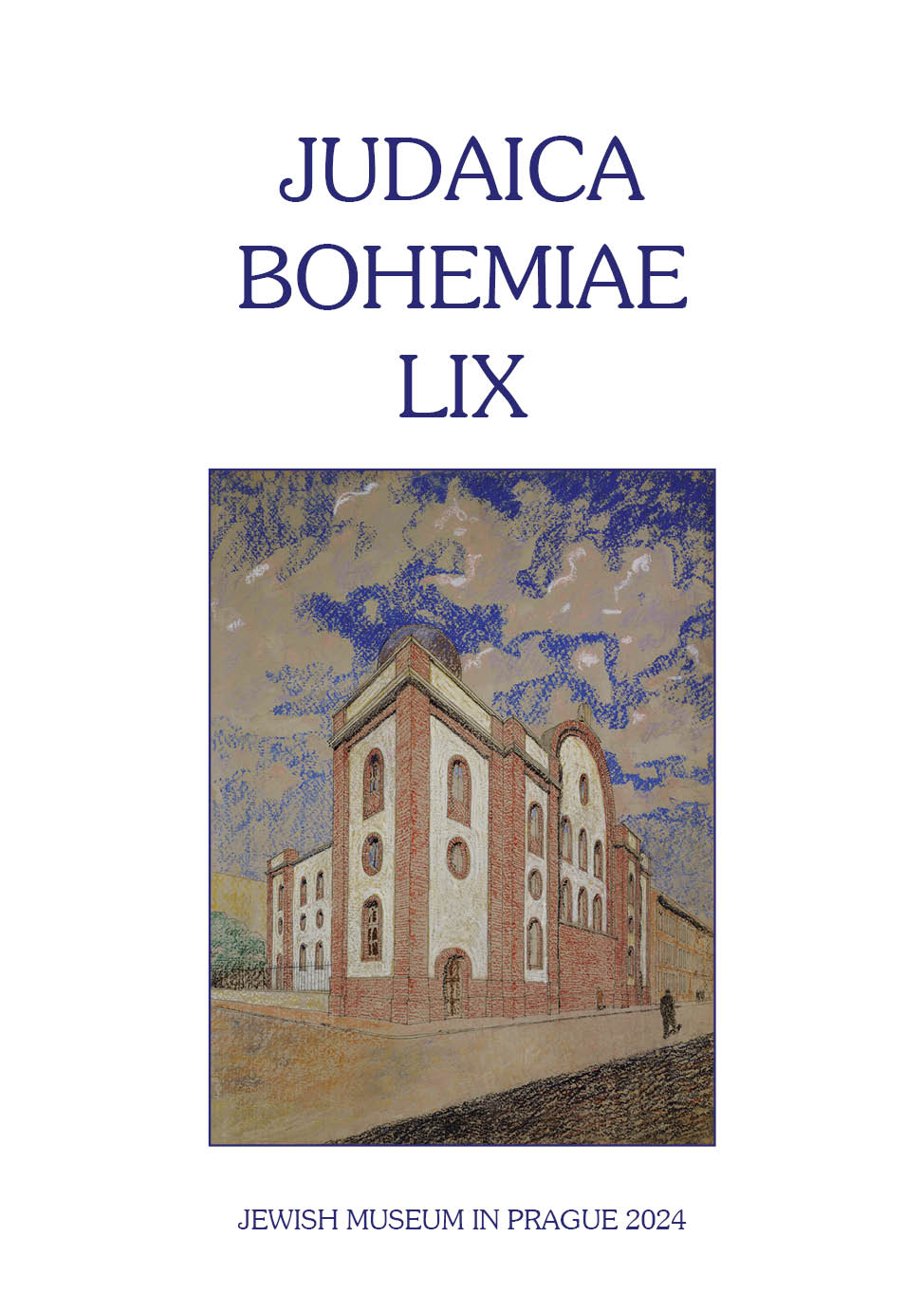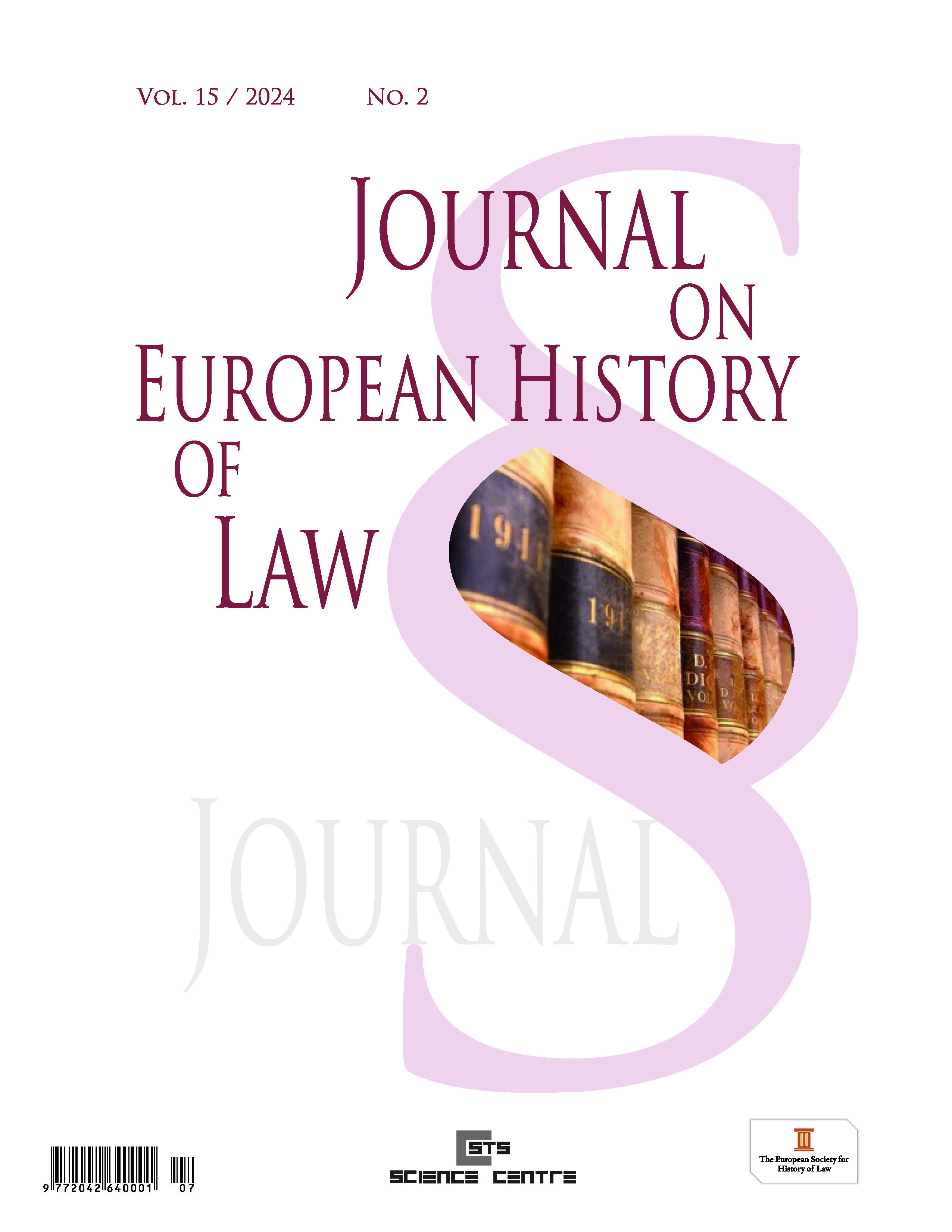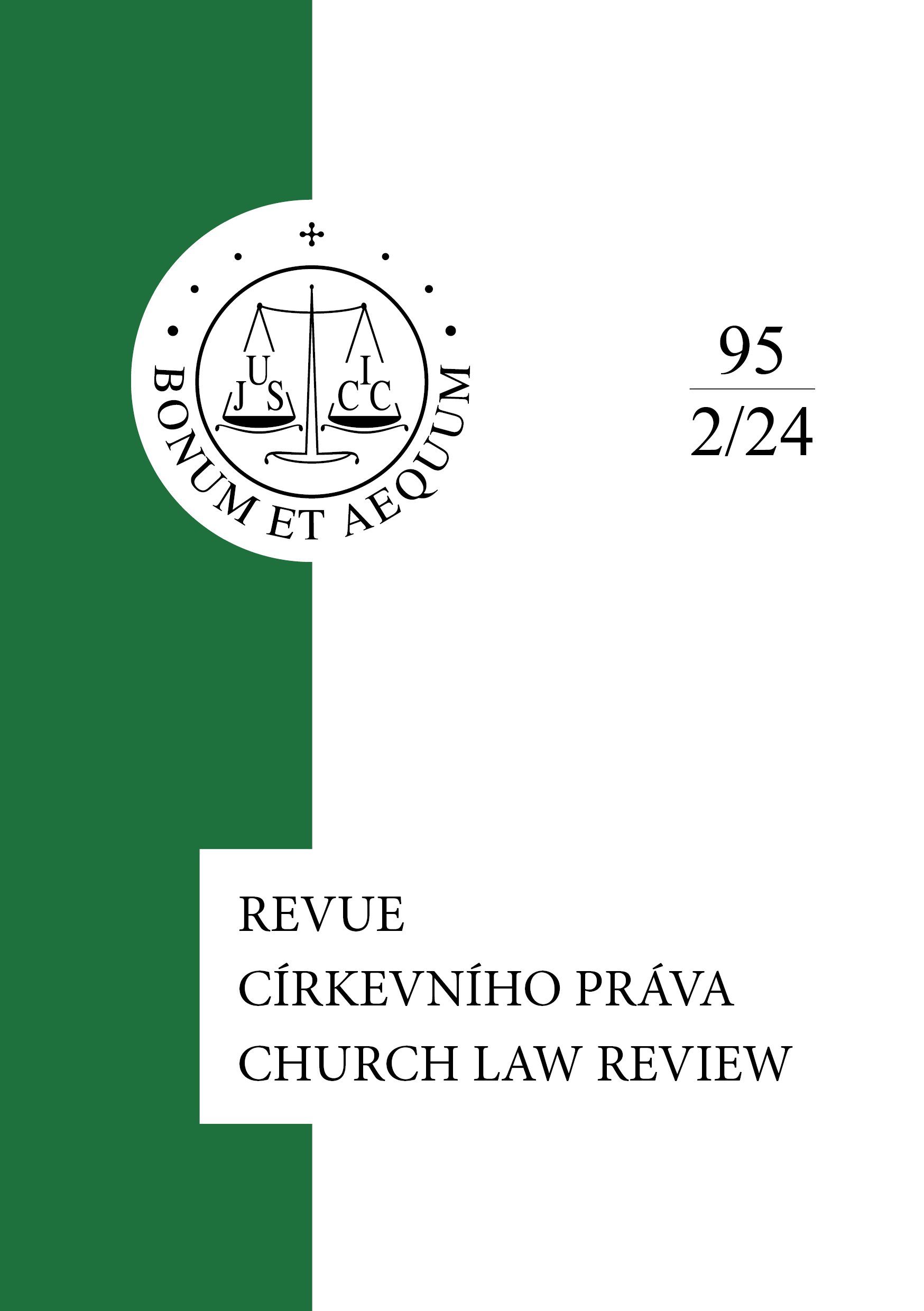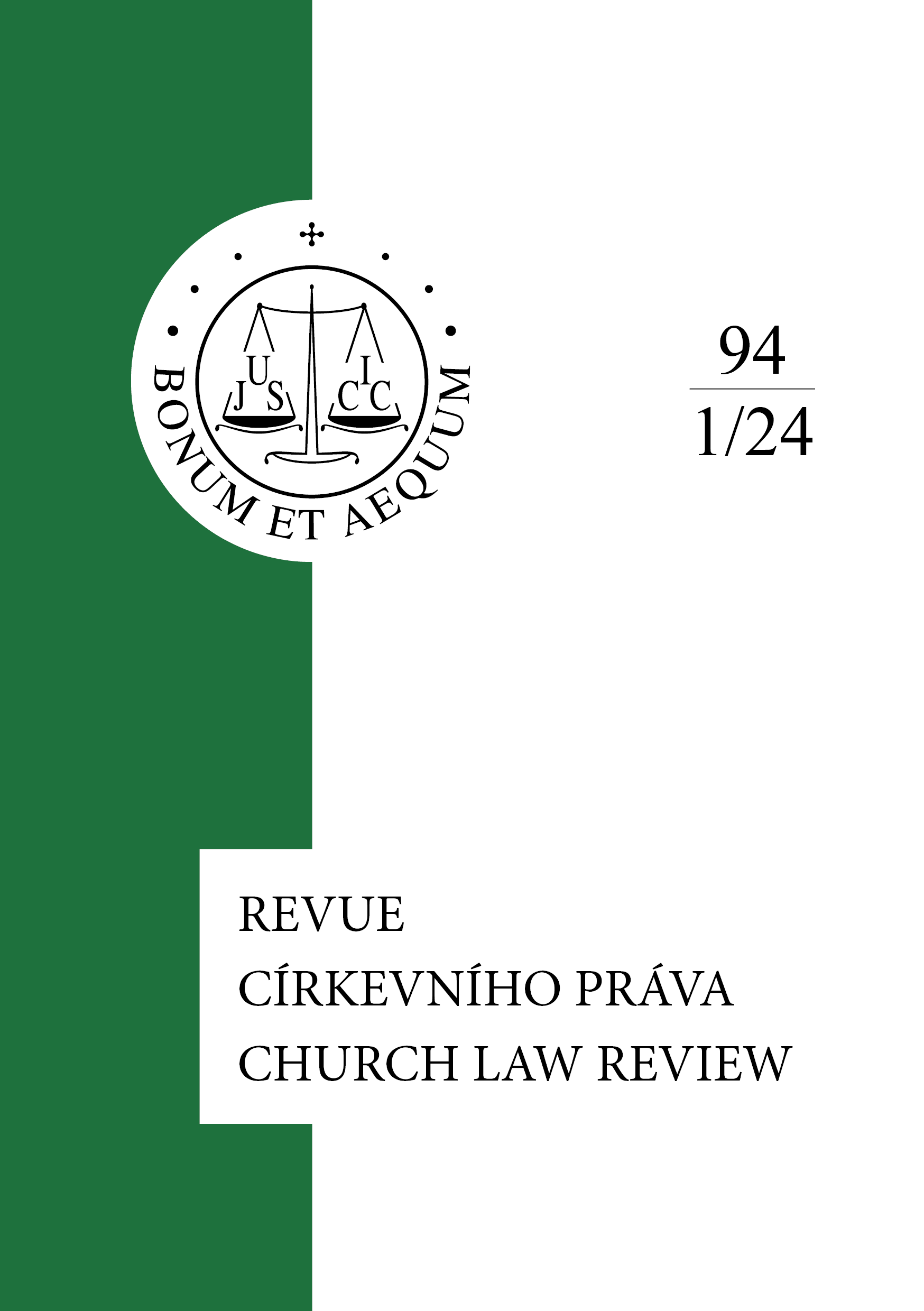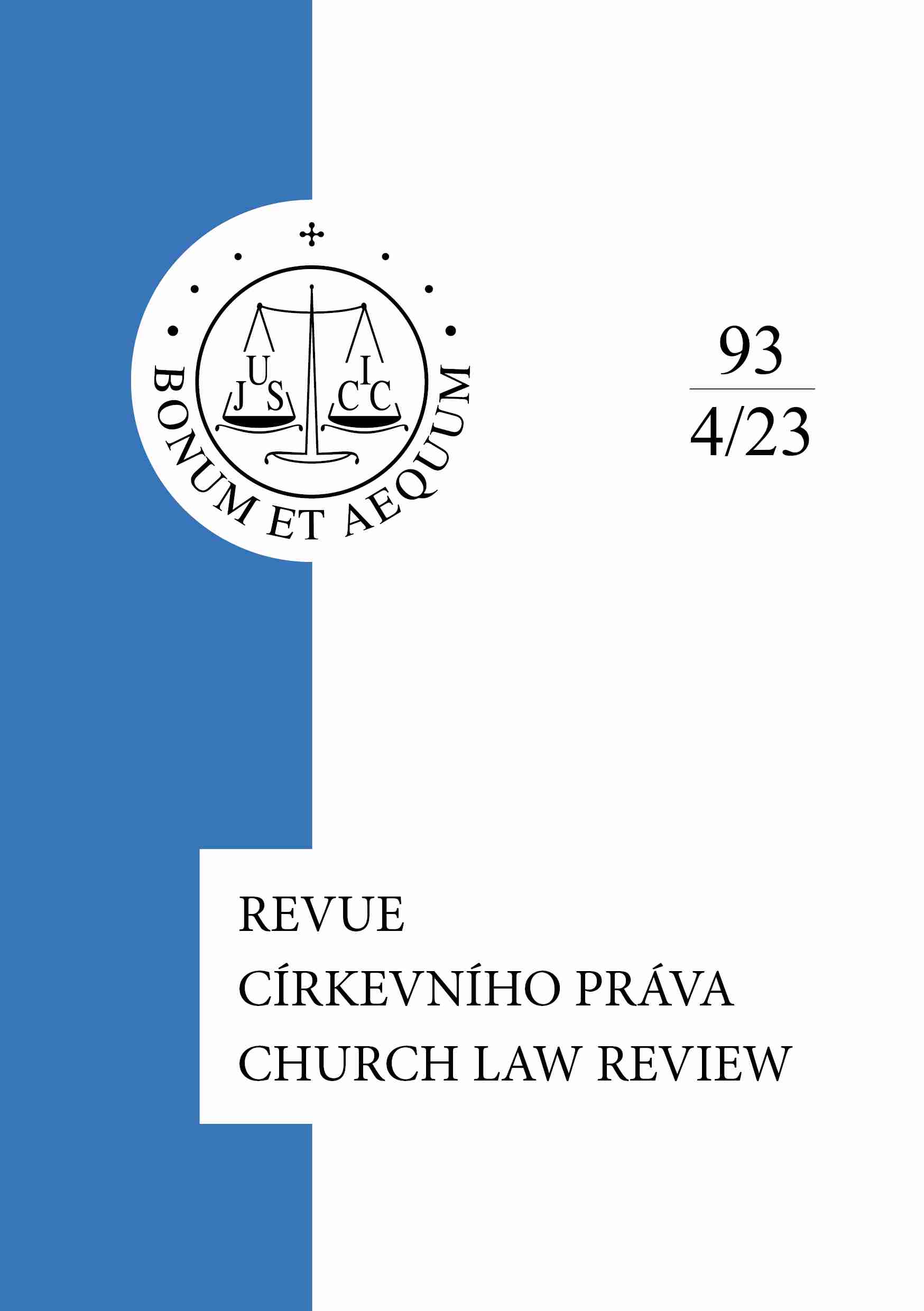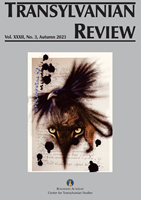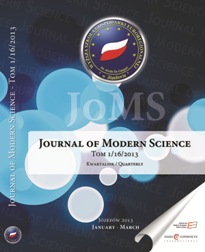
Právna úprava pozemkového vlastníctva v Československu do prijatia občianskeho zákonníka z roku 1950.
The article provides a brief historical and legal development of land ownership in Czechoslovakia until the adoption of the Civil Code in 1950. In the historical development it occurs regularly in greater or smaller degree that it was restricted for private or public ends. The Industrial Revolution in the 19th century brought the necessity of change in the possession and land ownership, which was considered as a corner stone of the production. In the Czech regions and Slovakia the revolutionary changes occurred in the 20th century, when the response to new European post-war organization and the establishment of independent Czechoslovak Republic brought about the demand of radical changes in land ownership. However, since the second half of 20th century came radical changes in political and economical organization of society and associated land owners restrictions, for the purpose of realization of the idea of gradual land collectivization, which was significantly reflected in the creation of new users relations intervening in the land ownership.
More...
